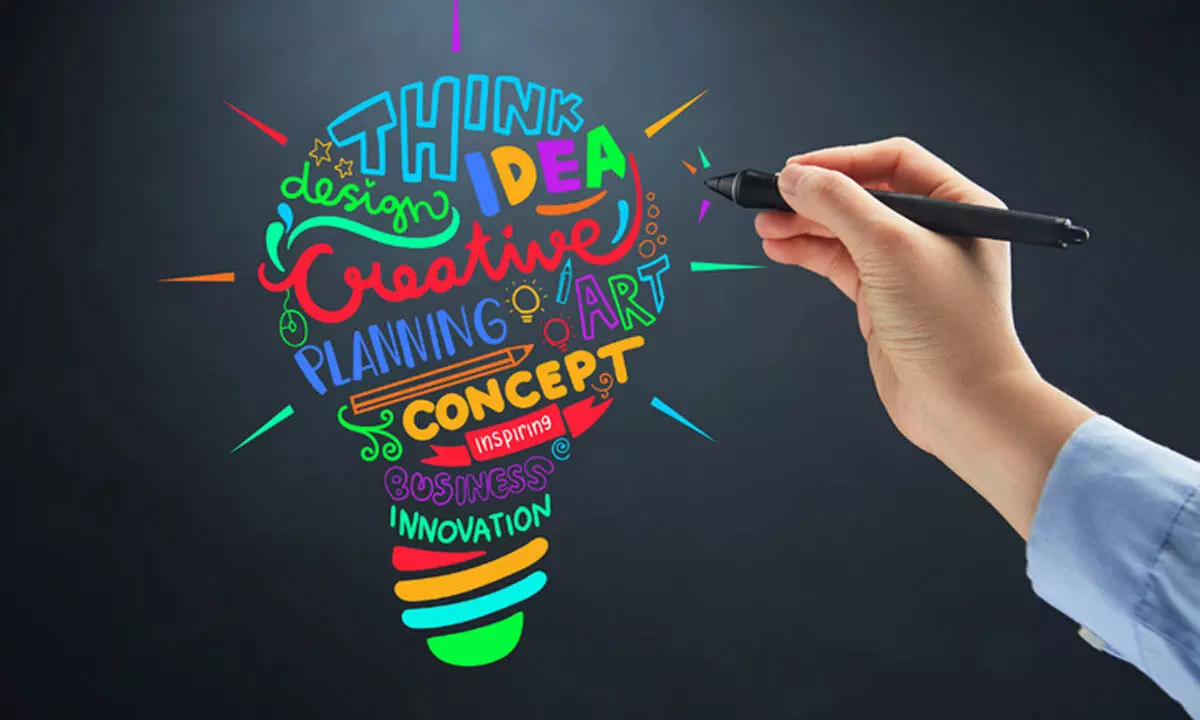How early AI skills inspire creativity & innovation in students

In today’s rapidly evolving technological landscape, artificial intelligence (AI) is no longer a distant concept confined to labs and research centers
In today’s rapidly evolving technological landscape, artificial intelligence (AI) is no longer a distant concept confined to labs and research centers. It is becoming an integral part of daily life, shaping industries from healthcare to entertainment, and transforming the way we live, work, and learn. As AI continues to revolutionize the world, exposing students to AI skills at an early age can play a crucial role in sparking a lifelong passion for technology and innovation. Introducing young minds to AI not only prepares them for the future workforce but also unlocks their potential to become creators of the very technologies that will shape the future.
Cultivating curiosity and creativity
Children are naturally curious, and early exposure to AI taps into that inherent curiosity. Whether it’s through learning how AI powers voice assistants like Siri and Alexa, or understanding how self-driving cars operate, students begin to see the real-world applications of AI. These tangible examples bridge the gap between theoretical knowledge and practical innovation, making learning more engaging and relevant. AI becomes not just an abstract concept, but something they can relate to, experiment with, and ultimately use to solve problems.
AI also encourages creativity. It empowers students to think beyond traditional problem-solving techniques and challenges them to approach issues from new perspectives. In classrooms where AI is integrated into the curriculum, students are encouraged to develop their own AI projects—whether that’s designing a chatbot, creating simple machine learning models, or even developing predictive algorithms. This creative exploration fosters critical thinking and problem-solving skills, essential for thriving in a world increasingly driven by technology.
Building essential 21st-century skills
Learning AI at a young age equips students with a range of essential skills that go beyond just coding or programming. AI literacy involves understanding data, algorithms, ethics, and the social implications of technology. As students explore these concepts, they develop important analytical and computational thinking skills. They learn how to break down complex problems into manageable components and approach solutions systematically. This kind of thinking is not only vital for AI development but is applicable across a wide range of fields, including science, engineering, mathematics, and even the arts.
Moreover, early exposure to AI helps students develop an adaptive mindset. Technology is constantly evolving, and those who are familiar with AI from an early age are better equipped to keep pace with advancements in the field. They gain the confidence to experiment, fail, and learn from their mistakes—an essential trait for innovation and lifelong learning.
Inspiring diverse participation in technology
One of the challenges facing the technology industry today is the lack of diversity in AI development and research. By introducing AI to students early on, especially in diverse and underrepresented communities, we can inspire a broader range of individuals to pursue careers in technology. When students from all backgrounds are exposed to AI, they see the possibilities of what they can achieve in the field. More importantly, they begin to understand that AI is not just for a select few with advanced degrees—it is something they, too, can master and contribute to.
Programs that focus on providing access to AI education for girls, students of color, and those in underserved areas are particularly impactful. Early exposure can help break down stereotypes and barriers, showing young learners that AI is a tool they can use to express their creativity, solve problems, and make a difference in their communities. This inclusivity fosters a generation of innovators who bring diverse perspectives and ideas to the table, ultimately driving more equitable and ethical AI development.
Creating lifelong learners and innovators
When students are introduced to AI at a young age, they are more likely to develop an interest in STEM (science, technology, engineering, and mathematics) fields. Over time, this exposure can evolve into a lifelong passion for learning and innovation. Students who begin experimenting with AI in middle or high school may go on to study computer science, data science, or engineering in college, and eventually pursue careers in technology, research, or entrepreneurship.
Even for those who do not follow a traditional STEM career path, early AI education instills an appreciation for how technology shapes the world around them. They become informed citizens who understand both the potential and the challenges of AI, and who can actively participate in discussions about its ethical and societal implications.
Early exposure to AI skills is more than just preparation for the future job market—it is about inspiring young minds to explore, innovate, and shape the future. By integrating AI education into classrooms, after-school programs, and extracurricular activities, we can nurture a generation of thinkers and creators who are not just passive consumers of technology but active contributors to its advancement. With the right guidance and opportunities, early exposure to AI can spark a lifelong passion for learning, exploration, and innovation in students, paving the way for a future driven by creativity and discovery.










